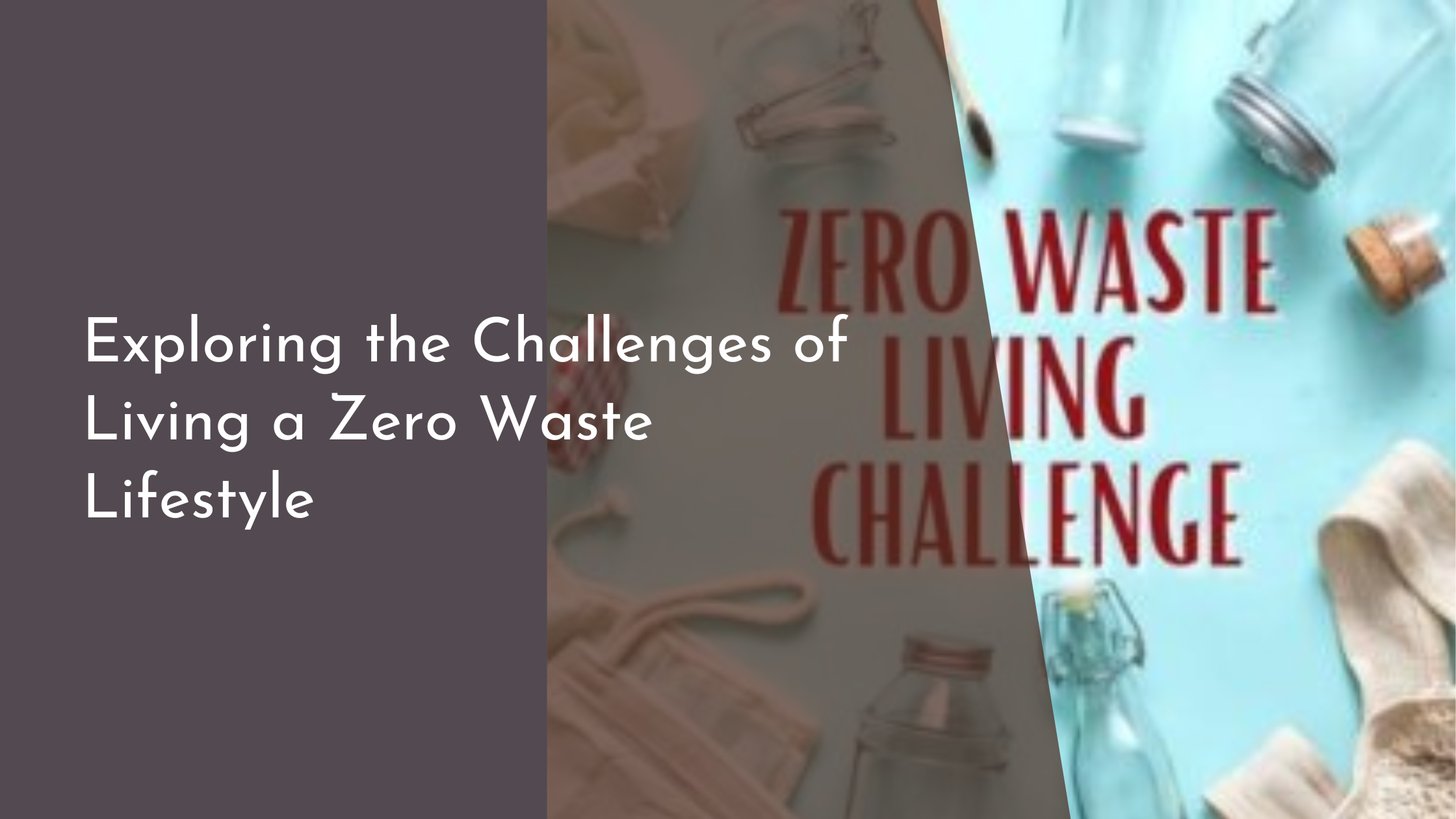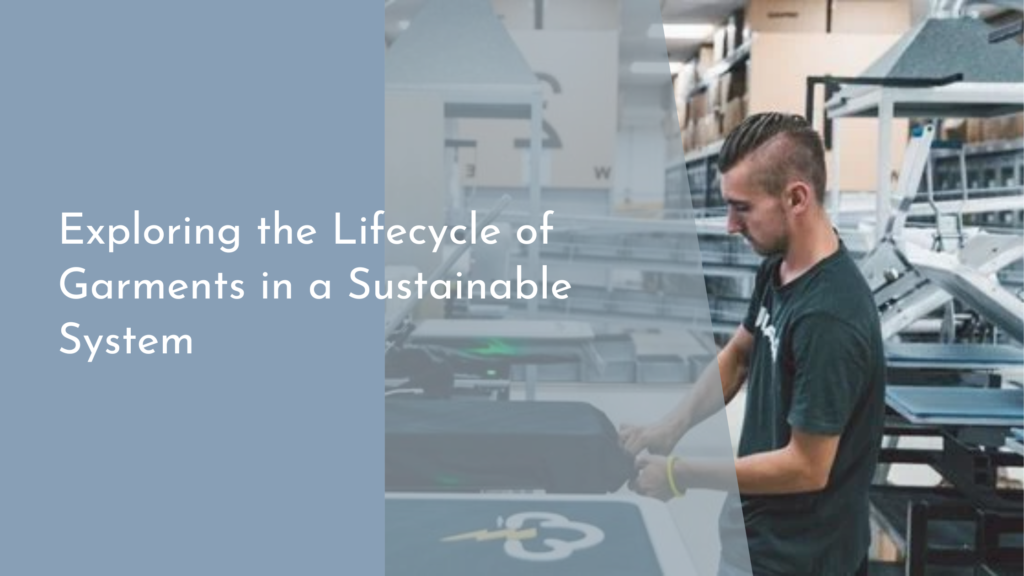Exploring the Challenges of Living a Zero Waste Lifestyle
The zero waste lifestyle is gaining popularity as more individuals become conscious of their environmental impact and strive to reduce their footprint. This lifestyle aims to minimize waste production by encouraging sustainable practices in everyday life. However, transitioning to a zero waste lifestyle is not without its challenges. This article explores the fundamentals of zero waste living, delves into common obstacles faced by enthusiasts, offers practical solutions, and highlights the importance of maintaining a positive outlook throughout the journey.
Understanding the Zero Waste Lifestyle Basics
The zero waste lifestyle is centered around the principle of reducing the amount of waste generated in everyday life. At its core, it involves the refusal of items that contribute to waste, reduction in consumption, reuse of products, recycling of materials, and composting organic waste. Individuals striving for zero waste aim to send nothing to landfills, incinerators, or the ocean, thereby minimizing their environmental impact. This lifestyle extends beyond just recycling; it requires a fundamental shift in thinking about consumption and waste.
Embracing a zero waste lifestyle often starts with simple changes, such as carrying reusable shopping bags, using stainless steel water bottles, and opting for bulk purchases to avoid packaging. Over time, individuals may explore more advanced practices, like making their own cleaning products or cultivating a garden for fresh produce. While the transition can be challenging, understanding the foundational principles and taking gradual steps can make the process more manageable and rewarding.
Identifying Common Challenges in Zero Waste Living
One of the most prevalent challenges of adopting a zero waste lifestyle is accessibility. Not everyone has easy access to bulk stores, zero waste products, or recycling facilities. This can make the transition difficult and sometimes overwhelming. Moreover, initial investments in zero waste products, like stainless steel containers or cloth napkins, can be expensive, posing a financial barrier for many people.
Another significant challenge is the social aspect of zero waste living. Attending social events, eating out, or traveling can lead to situations where zero waste options are limited, resulting in feelings of guilt or frustration. Additionally, societal norms and habits can make it difficult to refuse single-use items or convince others to embrace more sustainable practices. This can lead to a sense of isolation for those committed to the lifestyle, making community support and education vital components of overcoming these hurdles.
Practical Tips to Overcome Zero Waste Hurdles
To address the accessibility issue, consider starting with small changes that fit within your current lifestyle. Instead of aiming for immediate perfection, focus on reducing waste gradually. Utilize online resources and zero waste communities to find local stores, swap groups, or even DIY tutorials that can help you make sustainable choices without breaking the bank. Sometimes, making do with what you already have is the most zero waste option of all.
When navigating social and societal challenges, communication is key. Share your goals with friends and family, and educate them about your zero waste journey. Bring your own containers and utensils when dining out or attending events, and encourage others to do the same. Remember that every small action counts, and it’s more about progress than perfection. Building a support network of like-minded individuals can also provide motivation and guidance, making the journey more enjoyable and less isolating.
Embracing Positivity on the Zero Waste Journey
Maintaining a positive attitude is crucial on the path to zero waste living. Celebrate your achievements, no matter how small, and recognize that every effort contributes to a larger collective impact. By focusing on the positive aspects of your journey—such as the skills you’ve acquired or the waste you’ve diverted from landfills—you can maintain motivation and inspire others to join you.
It’s important to view challenges as opportunities for growth rather than setbacks. Understand that it’s natural to encounter hurdles and that the journey is a learning process. Embrace creativity in finding solutions and enjoy the personal growth that comes with overcoming obstacles. By keeping a positive mindset, you not only make the zero waste lifestyle more sustainable and fulfilling for yourself but also set a positive example for others to follow.
Living a zero waste lifestyle is a journey that requires dedication, creativity, and patience. While it comes with its own set of challenges, the rewards of contributing to a healthier planet and inspiring change are immense. By understanding the basics, tackling common hurdles with practical solutions, and maintaining a positive outlook, individuals can successfully embrace and enjoy the zero waste lifestyle. Remember, it’s not about being perfect; it’s about making conscious choices that lead to a more sustainable and fulfilling life.


